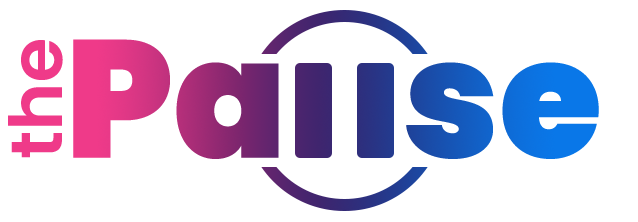You don’t need a gym membership or a fitness tracker to start making a difference in your health—sometimes it’s the smallest movements that add up the most. NEAT, or non-exercise activity thermogenesis, is a fancy way of describing all the energy you burn during the day when you’re not working out. It’s everything from walking the dog to doing the dishes, standing during phone calls, or walking to get your coffee instead of driving through. It’s life, in motion.
What I love about NEAT is that it meets you where you are. You don’t have to change into leggings or carve out an hour—you just have to notice opportunities to move more. Park a little farther. Carry your groceries in one trip. Stretch while your coffee brews. These might feel small, but over time, they make a measurable difference in things like metabolism, cardiovascular health, insulin sensitivity, and even mood.
The American College of Lifestyle Medicine and Mayo Clinic both highlight NEAT as powerful, sustainable strategy for reducing the risks of chronic disease—especially for people with sedentary jobs or limited time for formal workouts. Movement doesn’t have to be intense to be effective. Frequent, low-effort activities done throughout the day help improve blood sugar, lower blood pressure, support weight management, and reduce inflammation.
So if you’re feeling stuck or like “exercise” isn’t in the cards today, remember: NEAT is always available. Your body doesn’t need perfect—it just needs movement. And your nervous system, joints, and energy levels will thank you for it.
By Dr Jen Burke,
MD, CAQSM, DipABLM, NBC-HWC
Resources
American College of Lifestyle Medicine – NEAT & Lifestyle Movement Strategies
Mayo Clinic – Move More: How Small Steps Add Up
NIH – Non-exercise activity thermogenesis (NEAT) in humans
- NIH – Non-exercise activity thermogenesis (NEAT) in humans

